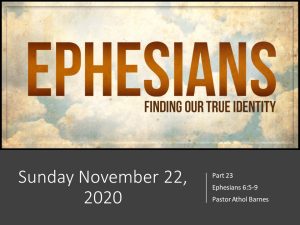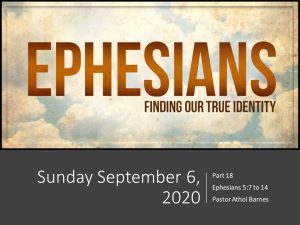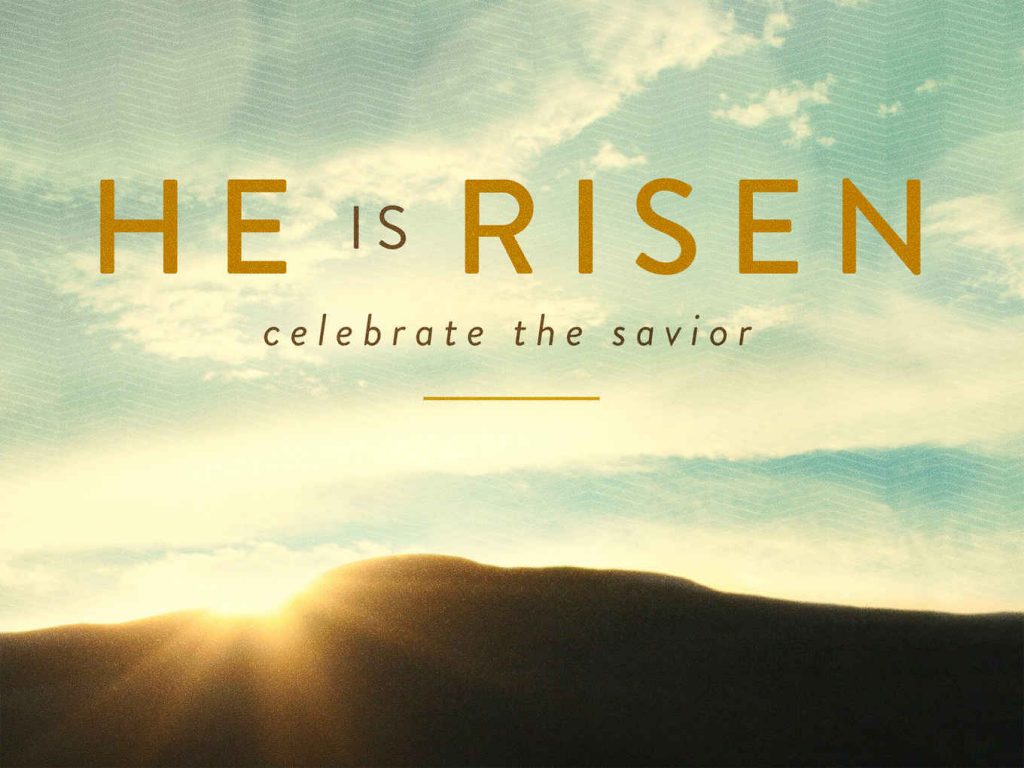

What was your worst job?
Our perspective of the work we do and our purpose for getting out of bed in the morning makes all the difference. What is your motivation for work?
This applies to all of us, even if you are retired or a student. How you spend your days matter in the Kingdom of God (See Colossians 3:23-24). As a follower of Jesus, you serve a higher calling and purpose. When you become a Christian, you change your boss without changing your job. When you become a follower of Jesus, it is never about a paycheck.
At first glance, this passage doesn’t seem to apply to our 21st century life, but we have to understand that slavery in Biblical times was very different to the type of slavery that took place under the European colonial empires and the North American continent, where people were forcibly taken into captivity from Africa, Asia and South America, being forced to work under harsh conditions for the rest of their lives.
It is estimated that there were sixty million slaves in the Roman empire. Although there was forced slavery with harsh conditions, some slaves became managers and did what we would consider white collar jobs. Slaves could get an education, buy property and eventually, their freedom if they chose to do so. It was considered as a way to secure housing and many obtained their freedom by the age of thirty.
People became slaves through birth, abandonment, being sold by parents, prisoners of war, inability to pay debts, or even voluntarily subjection to obtain a better life. Race was not a factor in this model of slavery.
But with all that said, this does not make slavery acceptable. It is never acceptable that someone can “own” another human being created in the image of God. It is widely agreed that this first century form of slavery slowly died out as Christianity began to grow and influence society.
From Ephesians 5:5-8, we are taught to live and work with the perspective that Christ is our ultimate master. Paul, writing to slaves, freed them from living in the mundane and gave them a higher purpose to work.
This aligns with the singular purpose for which we were created, to bring glory to God.
So how were slaves instructed to bring glory to God through their work?
We see four instructions in these verses.
- They were to work respectfully, with reverence because they were working unto Christ (verse 5).
- They were to work wholeheartedly, not simply working when being watched or to please the boss. Rather the emphasis is on working from the heart, unto Christ (verse 6).
- They were to work willingly, with a good attitude, not with a begrudging spirit (verse 7).
- Finally, Paul reminds them that nothing goes unnoticed before the Lord (verse 8).
As we know from 2 Corinthians 5:10, every believer will stand before the judgment of Jesus and give an account for the way in which we have used our time.
Thinking about work this way, is quite a paradigm shift for many and should change the way we work. No work is merely work, whether it is cleaning the kitchen or designing the next skyscraper. Everything we put our hands to is to be unto the Lord.
This is particularly challenging to put into practice in our own strength; but remember the context of this passage, Paul is writing about Spirit-filled living. This is the application of starting every day asking God to fill us and use us for His glory. You are God’s missionary and Christ’s ambassador in your place of work. We can only do that by asking the Holy Spirit to fill us and equip us for the day. We are called to live like Christ, with his work ethic (see Philippians 2:7)
Jesus wasn’t a begrudging servant, he lived every-day on purpose to the glory of the Father. If you are a follower of Jesus, you should be displaying Spirit filled excellence in your place of work.
John Stott writes: “It is possible for the housewife to cook a meal as if Jesus Christ were going to eat it, or to spring-clean the house as if Jesus Christ were the honored guest. It is possible for teachers to educate children, for doctors to treat patients and nurses to care for them, for shop assistants to serve customers, accountants to audit books and secretaries to type letters as if in each case they were serving Jesus Christ.”
This passage also addresses leaders and managers (verse 9).
A Christian who has responsibility and influence over others in the workplace, is called to lead like Christ. Jesus displayed servant leadership. He demonstrated leadership by firmly confronting evil one day and then washing his disciple’s feet the next. Jesus was the model of a perfect leader.
As a manager, you may have less accountability and even opportunity to make unethical decisions. However, any unethical profit will be fleeting. Jesus is your master, audience, and the ultimate judge.
This should change the way we relate to people. Culture teaches that people have different value based on their perceived level of importance. But this text destroys that way of thinking. Our value in the kingdom of God is never in any way determined by our role in this life, only by our obedience to God (see Matthew 20:25-28).
We must be mindful of the subtle ways in which we prefer certain people. Our body language and our tone of voice speaks volumes about the way we view people who are different to us. Remember who we represent and who we are talking to (see Hebrews 13:2).
How do we treat that store assistant, cleaner or waiter? Let us learn to really see people the way God sees them.
Everything revolves around our relationship with Jesus Christ. It does not matter if you are a mill operator or a corporate executive, what matters is do we serve the master?







